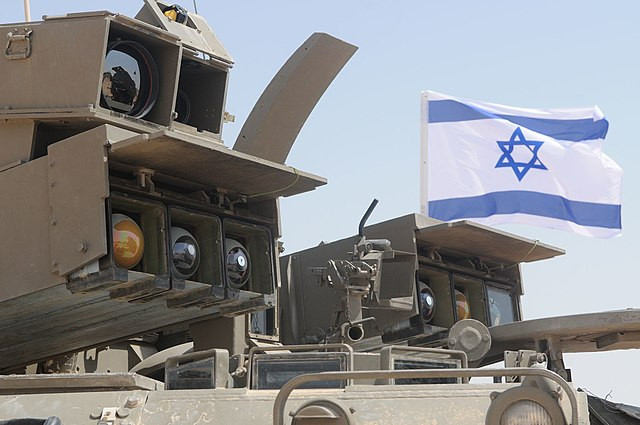Intense negotiations between Israel and Hamas in Doha have brought the two sides closer to a ceasefire and hostage exchange agreement, but significant issues remain unresolved. Hamas has indicated optimism, with a senior official stating the group is "very close to an agreement," while both Israeli and U.S. officials have confirmed progress.
U.S. Deputy National Security Adviser Jon Finer, speaking to CNN, acknowledged the advancements, emphasizing the gravity of the situation. "Fundamentally, we believe there is progress being made. There is a deal on the table that Hamas should accept," Finer said. Israeli Foreign Minister Gideon Saar echoed this sentiment, noting that Israel is working closely with American counterparts to finalize an agreement.
The deal under discussion includes the exchange of Palestinian prisoners for hostages held by Hamas, alongside a ceasefire in Gaza. However, negotiations remain stalled over key demands. Hamas insists that Israel withdraw from the Philadelphi corridor along the Egypt-Gaza border and agree to a permanent ceasefire, while Israel seeks a larger buffer zone inside Gaza to prevent future attacks. Disagreements persist over the depth of this buffer zone, with Hamas proposing a 300-500 meter zone, while Israel demands a 2,000-meter stretch.
The head of the Palestinian Commission for Detainees, Qadura Fares, has traveled to Doha to provide input on the list of detainees that may be part of the agreement. Despite the progress, internal dissent within Israel's government is evident. Finance Minister Bezalel Smotrich has described the proposed deal as a "catastrophe," claiming it compromises Israel's national security. Ten members of Prime Minister Benjamin Netanyahu's Likud party also expressed concerns, urging Netanyahu not to cross certain "red lines."
Netanyahu, facing pressure from the current Biden administration and the incoming Trump administration, discussed the negotiations with President Joe Biden in a call on Sunday. U.S. National Security Adviser Jake Sullivan, speaking on CNN, described the situation as a delicate balance. "We are very, very close, and yet being very close still means we're far," Sullivan said, underscoring the challenges of reaching a final agreement.
Hamas, meanwhile, has issued statements reaffirming its commitment to securing the release of Palestinian prisoners. The militant group remains adamant about their demands, viewing the potential deal as a step towards achieving their broader objectives.
On the ground, the situation in Gaza remains dire. The death toll from Israeli military operations following the October 7 Hamas attack has risen to over 46,000, with tens of thousands injured, according to Gaza's health ministry. Reports indicate that many victims remain buried under rubble, as rescue operations are hindered by ongoing conflict.
Gazans are watching the negotiations with cautious hope. Residents like Abdul Rahman Salama from Khan Younis expressed skepticism, saying, "The destruction is unreal. I hope the war stops as suddenly as it started, but the negotiations are all empty talk-lies upon lies." Others, like Ahmad Salama, are more optimistic, hoping for an end to the violence that has displaced countless families.
The backdrop of these talks is marked by a looming political shift in the United States. President-elect Donald Trump's incoming administration is closely monitoring the situation, with Trump's Middle East envoy, Steve Witkoff, already involved in discussions. Trump has reportedly emphasized the urgency of reaching an agreement before his inauguration, warning of consequences if progress stalls.




